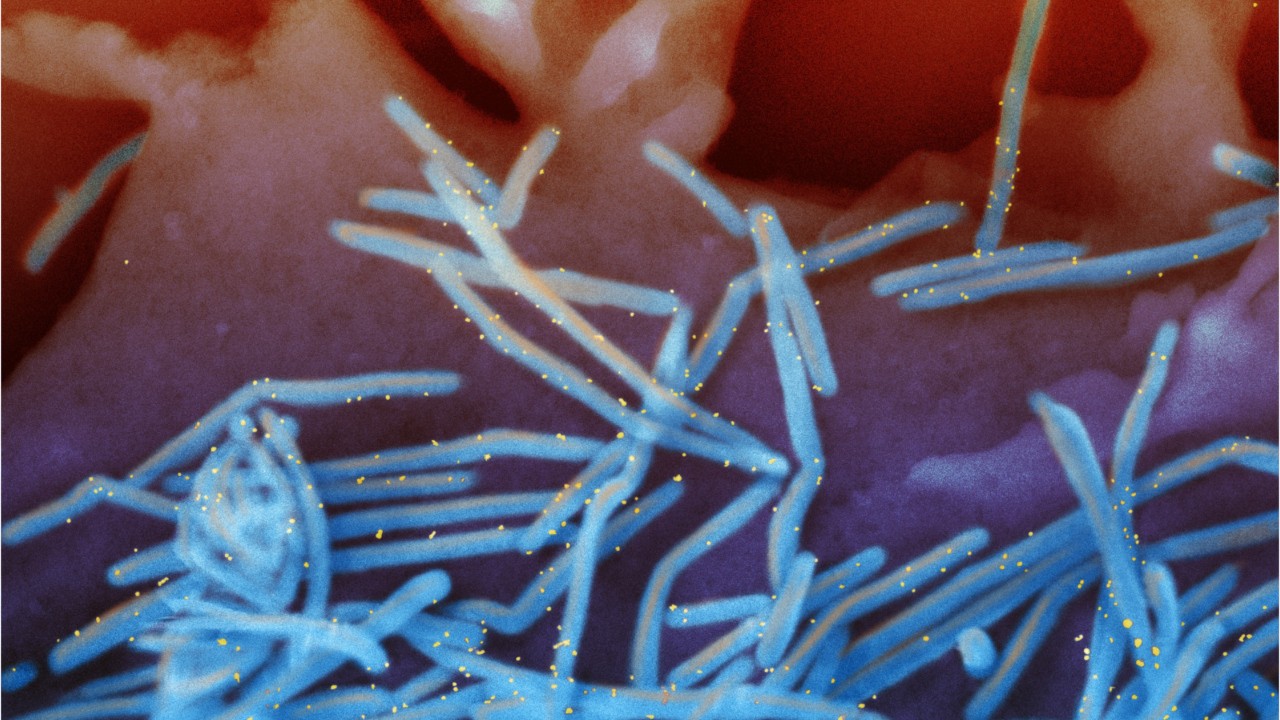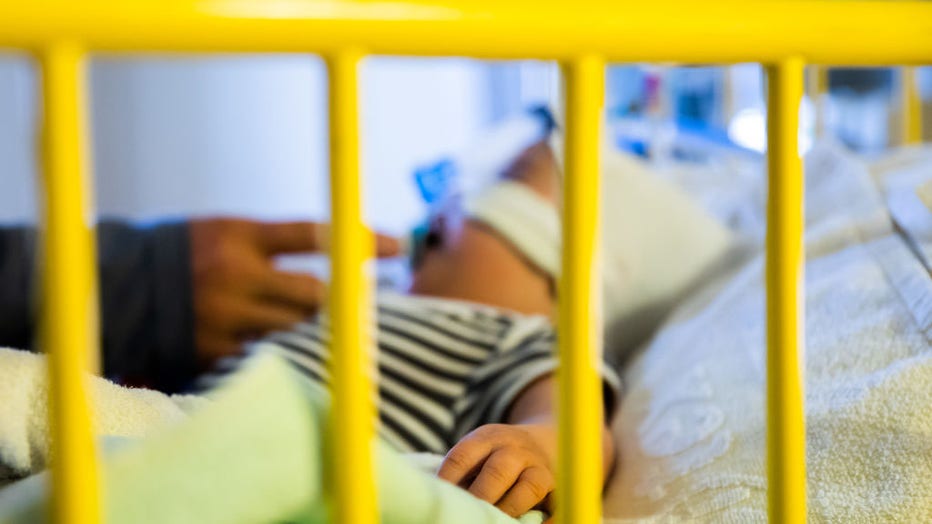First-ever RSV vaccine could be approved by August 2023, pending FDA review

What is respiratory syncytial virus (RSV)?
RSV is a common respiratory virus that usually causes mild, cold-like symptoms.
The first-of-its-kind vaccine designed to protect infants from RSV, a common respiratory illness that can cause severe breathing problems, could be approved by August.
Pfizer, the maker behind the new RSV vaccine candidate referred to as RSVpreF, announced on Tuesday that the U.S. Food and Drug Administration had accepted its application for review and has set an action date of deciding whether to approve or not by August 2023.
"If approved, RSVpreF would help protect infants at their first breath from the devastating effects of this infectious disease, which though well-known, has been particularly evident throughout this RSV season," Dr. Annaliesa Anderson, Pfizer’s senior vice president and chief scientific officer of vaccine research and development, said in a statement.
"We look forward to progressing the review of Pfizer’s RSV maternal vaccine candidate with the FDA and other regulatory authorities, given its significant potential to positively contribute to global health in the prevention of RSV in infants," Anderson added.
RSV, which stands for respiratory syncytial virus, is a common cause of mild cold-like symptoms such as runny nose, cough and fever. Nearly all U.S. children normally catch an RSV infection by age 2.
While everyone can get RSV, it causes the most threat to infants, older adults, and other vulnerable people, who can get serious airway and lung infections, according to the U.S. Center for Disease Control and Prevention. Among U.S. kids under age 5, RSV typically leads to 58,000 hospitalizations and up to 500 deaths in a year.
Worldwide, RSV kills about 100,000 children a year, mostly in poor countries.
To date, there has been no approved vaccine for it, though several candidates have been in the testing stages.

FILE - A father cares for his 8-and-a-half-month-old son, who is in the intensive care unit of the pediatric clinic at a hospital with a respiratory infection. (Photo by Christoph Soeder/picture alliance via Getty Images)
Pfizer’s vaccine candidate is administered to pregnant women, who then pass the protective antibodies to the baby. The vaccine is designed to help protect against the complications of RSV in infants at birth through 6 months, the company said.
Data from Pfizer’s preliminary results announced last fall found that vaccinating moms-to-be was nearly 82% effective at preventing severe cases of RSV in their babies’ most vulnerable first 90 days of life. At age 6 months, the vaccine still was proving 69% effective against serious illness — and there were no signs of safety problems in mothers or babies.
The large international study included 7,400 pregnant women in 18 countries, including the U.S., and spanned multiple RSV seasons.
If the FDA approves the vaccine in August, the decision will then go to the CDC for final approval.
"Moms are always giving their antibodies to their baby," virologist Kena Swanson, Pfizer’s vice president of viral vaccines, said in November. "The vaccine just puts them in that much better position" to form and pass on RSV-fighting antibodies.
This story was reported from Cincinnati. The Associated Press contributed.

